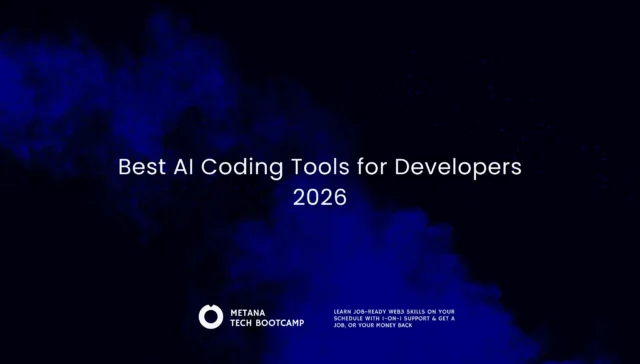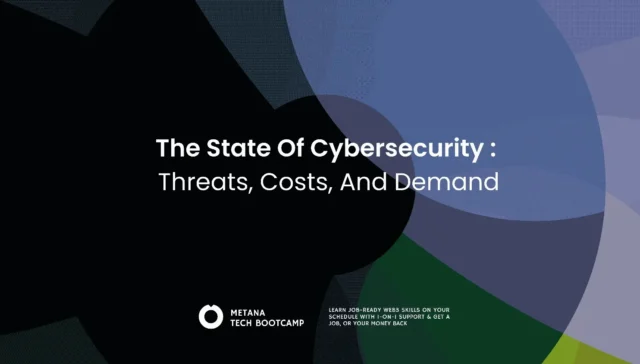The blockchain and Web3 industry has created a range of exciting opportunities, catering to both technical and non-technical professionals. Whether you’re a programmer, designer, marketer, or analyst, there’s a role for everyone in this rapidly evolving field. Understanding these roles can help you identify where your skills and interests fit best.
Technical Roles in the Blockchain Web3 Industry
You may question what are the technical roles in the blockchain web3 Industry. There are a range of positions, and knowing what each one entails can help you figure out where you belong in.
Smart Contract Developer – Develops the essential number crunching operations for backend smart contracts, which must be flawless and bug-free. For Ethereum-based smart contracts, developers commonly use Solidity, and for Solana, they use Rust.
Web3 Developer – Builds a frontend for a website or dApp that links to a wallet like Metamask and communicates with the core smart contract. Web3 developers often have some WebDAV expertise and use JavaScript for the most of the intricacies.
Smart Contract Auditor – Focuses on security and avoiding money loss. Auditors will evaluate code, seek for edge cases, and make evaluations using tools like fuzzers.
Web Designer – This is frequently the same profession as a web3 developer, but someone with a design background and knowledge with graphics and CSS may be quite valuable.
User Experience and Conversion Rate Optimization (UX/CRO) Roles – In the DeFi market, user experience and conversion rate optimization are frequently disregarded. As the market gets more competitive, this will become more important, and many projects will be able to enhance their conversions process and usability by doing so.

Non-Technical Roles in the Blockchain Web3 Industry
1. Miners and Node Operators – These individuals manage the infrastructure that keeps blockchain networks running. Miners validate transactions and secure proof-of-work networks, while node operators maintain distributed ledgers and ensure decentralization.
2. Marketing Specialists – Marketing professionals promote blockchain projects, build communities, and increase awareness. They often use social media, content marketing, and partnerships to engage users and investors.
3. Legal Advisors – Legal advisors ensure compliance with regulations, helping projects navigate the complex legal landscape of blockchain and cryptocurrency. They address issues like token offerings, intellectual property, and jurisdictional challenges.
4. Social Media Managers – Social media managers handle online communication for blockchain projects, creating content, engaging with communities, and growing the brand’s presence on platforms like Twitter, Discord, and Telegram.
5. Investment Analysts and Traders – These professionals analyze market trends, assess blockchain projects, and trade cryptocurrencies. Their expertise helps investors make informed decisions and maximize returns in the volatile crypto market.
Conclusion
The blockchain and Web3 industry offers a wide array of roles, catering to diverse skill sets and interests. From coding smart contracts to designing user interfaces or managing community engagement, there’s a place for everyone in this transformative space. By identifying your strengths and aligning them with the right role, you can carve out a rewarding career in this dynamic and fast-growing industry. Whether you’re technically inclined or more business-focused, the opportunities in blockchain and Web3 are abundant and promising.







